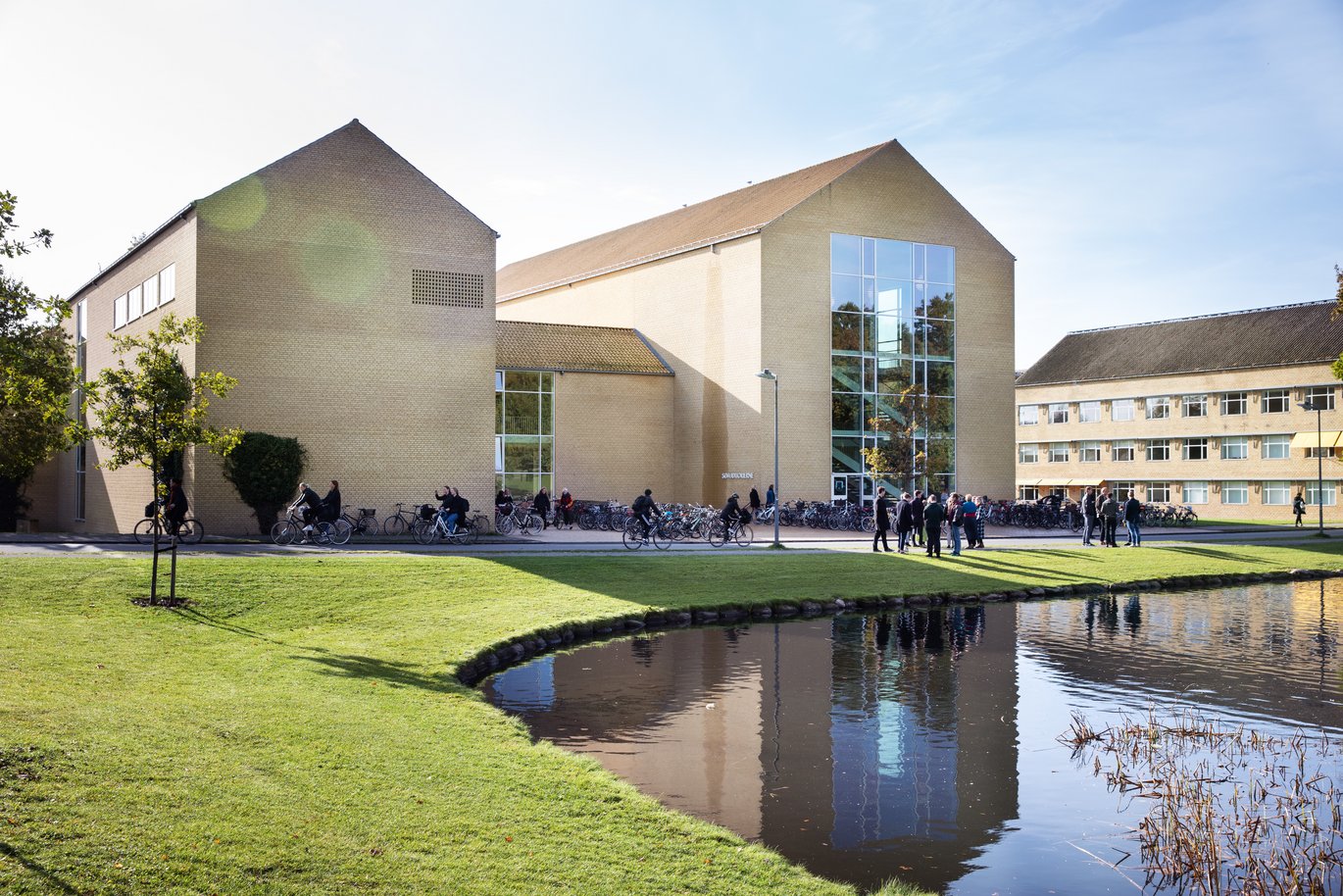Health to find more student places for relocation
Two different starting-points were used in the calculation of Health’s contribution to the relocation agreement with the Ministry of Higher Education and Science, which means that the faculty must now regionalise more student places.

FACTS
- With the political agreement “More and better educational possibilities throughout Denmark,” the Danish universities were instructed to relocate or close down 5-10% of their student places.
- As part of Aarhus University’s overall relocation plan, Health agreed to transfer the Master’s degree programme in Nursing in Emdrup to RUC.
- When Health made its contribution to Aarhus University’s relocation plan, the calculation was based on the resizing for 2019.
- The Ministry of Higher Education and Science, on the other hand, based its calculations on the actual student intake.
- In 2019, the total intake for Medicine was lower than the degree programme resizing. For this reason, the Ministry has decided that Aarhus University and Health have not fully lived up to the requirement for regionalisation.
- This means that Health must now find more student places to relocate.
- It is not yet established how many additional places Health must relocate.
- The final number will be determined by an overall assessment of the intake across Aarhus University. This means that changes in admissions to other study programmes may also have an impact.
- Vice-Dean for Education Lise Wogensen Bach is now initiating a process to identify possible models for further regionalisation.
- The process is expected to continue into 2023, after which the ministry will approve a new regionalisation plan.
- The relocation will commence at the earliest in 2026, and will not be fully phased in until 2030
Two different calculations; one based on the actual 2019 student admissions, and one based on the same year’s resizing. That is the reason why Health must now find more student places for regionalisation.
When Aarhus University submitted its proposal for a relocation agreement to the Ministry of Higher Education and Science, Health’s contribution was calculated on the basis of the resizing process in 2019. However, the Ministry maintains that the calculations must be made on the basis of actual admissions, and in 2019 the intake to the medical degree programme was lower than the resizing. For this reason, the Ministry has decided that Aarhus University and Health have not fully adhered to the requirement for regionalisation. That means that the faculty now has to go back to the drawing board and find additional student places for regionalisation.
A new relocation of student places is expected to commence at the earliest in 2026, and must be fully implemented in 2030. It has not yet been determined exactly how many places Health must find: The final number will be determined by an overall assessment of the whole Aarhus University study programme portfolio and intake. Consequently, changes in admissions to other study programmes may also have an impact.
The Ministry’s decision came shortly before the summer holidays after a period of negotiation with Aarhus University. Although it is a shame to have to start the process again, the faculty management team will take a constructive approach to the task, says Dean Anne-Mette Hvas.
“There is no doubt that we would have liked to see our relocation task completed with the transfer of the Master’s programme in Nursing in Emdrup to RUC. However, having said that, it is a task that we intend to approach with a clear aim to find the best possible solution for both the faculty and the government’s ambition to increase the level of regionalisation,” she says.
A broad look at possible models
Vice-Dean for Education Lise Wogensen Bach will now, in collaboration with the faculty management team and with the involvement of various liaison committee, councils and boards, draw up various models for ways in which the university can meet the requirements. And everything is on the table, says Dean Anne-Mette Hvas.
“I would like to emphasise that we in the faculty management team will work to maintain Health’s strong programme portfolio and high standard of education. We are therefore looking at all of the degree programmes at Health, just as we will work closely with the senior management team to find the best possible solution,” she says.
When will we know more?
Together with the heads of studies and department heads, Lise Wogensen Bach will draw up different models for a new relocation plan. In the process, councils and committees, including the Faculty Liaison Committee and the Academic Council, will have an opportunity to provide input. The models will then be considered by the faculty management team before a recommendation is submitted to the senior management.
This also means that it will probably be 2023 before the faculty management team will be able to state precisely what will happen.
“I realise that an announcement like this will give rise to questions and uncertainty. That is completely understandable. Unfortunately, this is not only an obligatory task, but also a task in which we need to take a thorough approach. We must examine all the possibilities and together try to find the best possible solution. We will naturally report back as soon as we have news,” says Anne-Mette Hvas.